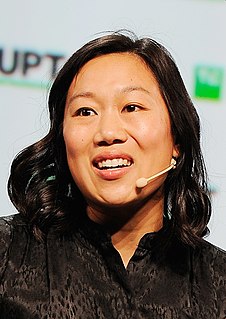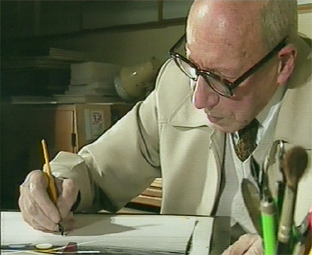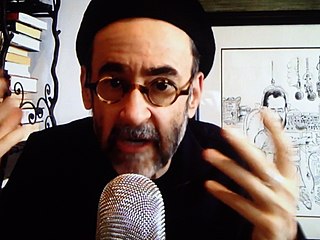A Quote by Gottfried Leibniz
There is no way in which a simple substance could begin in the course of nature, since it cannot be formed by means of compounding.
Related Quotes
Nothing can be plainer, than that the motions, changes, decays, and dissolutions, which we hourly see befall natural bodies (and which is what we mean by the course of nature), cannot possibly affect an active, simple, uncompounded substance: such a being therefore is indissoluble by the force of nature, that is to say, the soul of man is naturally immortal.
I am leaving in order to have peace and quiet. To be rid of the influence of civilization. I only want to do simple, very simple art and to be able to do that, I have to immerse myself in virgin nature, see no one but savages, live their life, with no other thought in my mind but to render, the way a child would, the concepts formed in my brain and to do this with the aid of nothing but the primitive means of art, the only means that are good and true.
Time, which measures everything in our idea, and is often deficient to our schemes, is to nature endless and as nothing; it cannot limit that by which alone it had existence; and as the natural course of time, which to us seems infinite, cannot be bounded by any operation that may have an end, the progress of things upon this globe, that is, the course of nature, cannot be limited by time, which must proceed in a continual succession.
It cannot be that axioms established by argumentation should avail for the discovery of new works, since the subtlety of nature is greater many times over than the subtlety of argument. But axioms duly and orderly formed from particulars easily discover the way to new particulars, and thus render sciences active.
Would it be better if religions were to disappear? I have no idea. Since I do not have any confidence in the association of truth with virtue, I am not sure if the world would be a better place if people believed more true things. But what is undeniable is that we cannot understand our own culture unless we recognise that it was formed, for good or bad, as a Christian culture. It's an illusion that we could somehow recover a human essence which is independent of the way it was created by culture.
But if men would give heed to the nature of substance they would doubt less concerning the Proposition that Existence appertains to the nature of substance: rather they would reckon it an axiom above all others, and hold it among common opinions. For then by substance they would understand that which is in itself, and through itself is conceived, or rather that whose knowledge does not depend on the knowledge of any other thing.
To me, the circle and the square where the sky and the earth, as symbolized by the ancient Oriental religions; they formed a kind of rudimentary alphabet by means of which everything could be expressed with the most limited means. They evoked prehistoric runes and the early I-Ching, or Book of Changes.
Man... is an inextricable tangle of culture and biology. And not being simple, he is not simply good; he has... a kind of hell within him from which rise everlastingly the impulses which threaten his civilization. He has the faculty of imagining for himself more in the way of pleasure and satisfaction than he can possibly achieve. Everything that he gains he pays for in more than equal coin; compromise and the compounding with defeat constitute his best way of getting through the world. His best qualities are the result of a struggle whose outcome is tragic. Yet he is a creature of love.






































